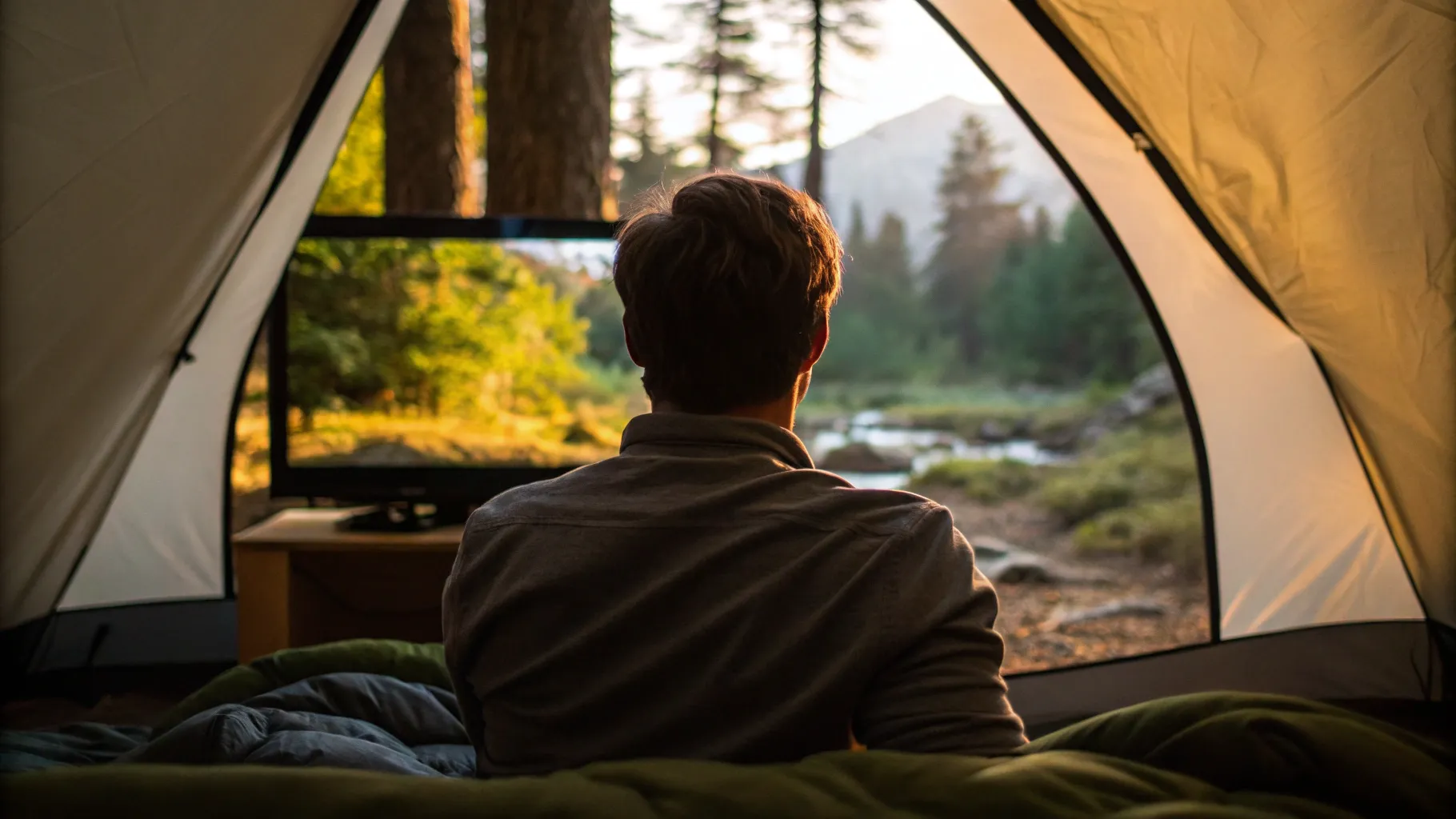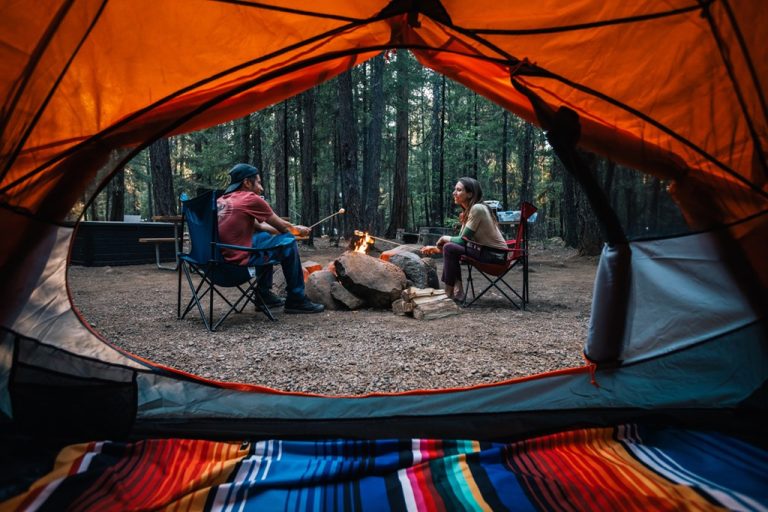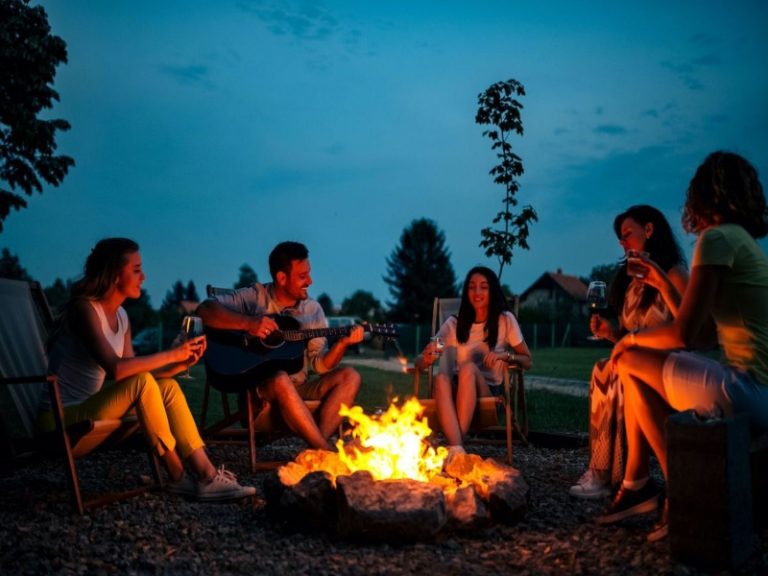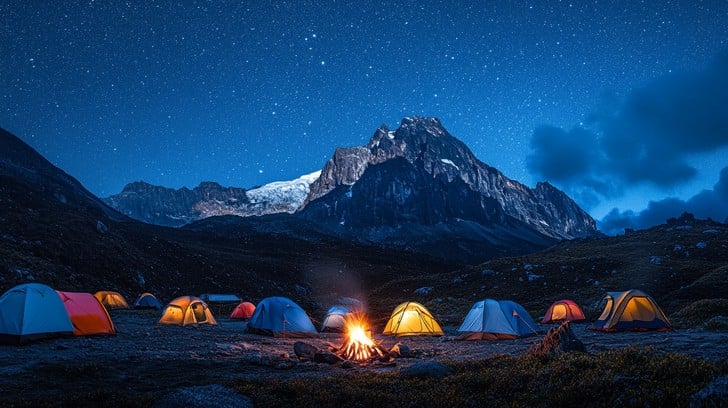Backcountry Basics: Your Guide to Camping Survival
The backcountry is where nature’s raw splendor shines through—untamed pathways, starlit skies, and the calm hum of the environment. However, while it promises adventure and independence, it also requires respect. Survival in the environment is more than just tolerating; it is also about thriving through preparation, awareness, and skill. Whether you’re a weekend camper or preparing for a multi-day trip, these backcountry basics will help you have a safe and memorable time.
1. Becoming proficient
Before you step into the wild, make sure you have your “big three” survival priorities covered: shelter, water, and fire.
- Shelter: Always carry a tent, tarp, or emergency bivvy. Weather can change quickly, and protection from the elements is non-negotiable.
- Water: Streams and lakes may look pristine, but never drink untreated water. Pack a portable filter, purification tablets, or a reliable boiling system.
- Fire: Learn how to build and maintain a fire for warmth, cooking, and morale. Waterproof matches, lighters, and fire starters are must-haves.
2. Navigation Know-How
In the wilderness, getting lost is one of the greatest risks.
- Bring a physical map and compass—and know how to use them.
- A GPS device or smartphone app is handy but never rely on it completely; batteries die, signals fade.
- Mark landmarks as you go to keep your bearings.
Remember: the backcountry doesn’t come with street signs.
3. Food and Fuel
Calories are energy, and in the backcountry, you’ll burn more than usual.
- Pack lightweight, high-energy foods like trail mix, jerky, instant noodles, and dehydrated meals.
- Always store food properly—use bear-proof containers or hang your food bag from a tree.
- Carry more food than you think you’ll need. The extra supply can be a lifesaver if plans change.
4. First Aid and Safety
Minor injuries can become major problems if left untreated.
- A well-stocked first aid kit should always be in your pack.
- Learn basic first aid: treating cuts, sprains, and insect bites.
- Carry an emergency whistle, headlamp, and multi-tool—you’ll thank yourself later.
Safety isn’t about paranoia; it’s about preparedness.
5. Leave No Trace
Survival isn’t only about you—it’s also about respecting the environment.
- Pack out what you pack in.
- Stick to established trails to preserve fragile ecosystems.
- Minimize campfire impact and respect wildlife from a distance.
The wild is generous, but it’s also fragile. Protecting it ensures it thrives for future adventurers.
6. Mindset Matters
Survival isn’t just physical—it’s mental. Staying calm, adaptable, and positive can turn a stressful situation into a manageable one.
- Breathe, think, then act. Panic clouds judgment.
- Stay adaptable: weather shifts, gear breaks, and plans change. Flexibility is your greatest ally.
- Embrace the challenge. Every obstacle is part of the story you’ll tell later.
Conclusion: Thriving in the Wild
Camping survival isn’t about fear—it’s about freedom. With the right knowledge, gear, and mindset, you’ll not only stay safe but also fully enjoy the magic of the backcountry. From the crackle of a campfire to the silence of a mountain morning, the wilderness offers experiences you can’t find anywhere else.
So pack smart, prepare well, and head out with confidence. The backcountry is waiting—you just need the basics to thrive.







